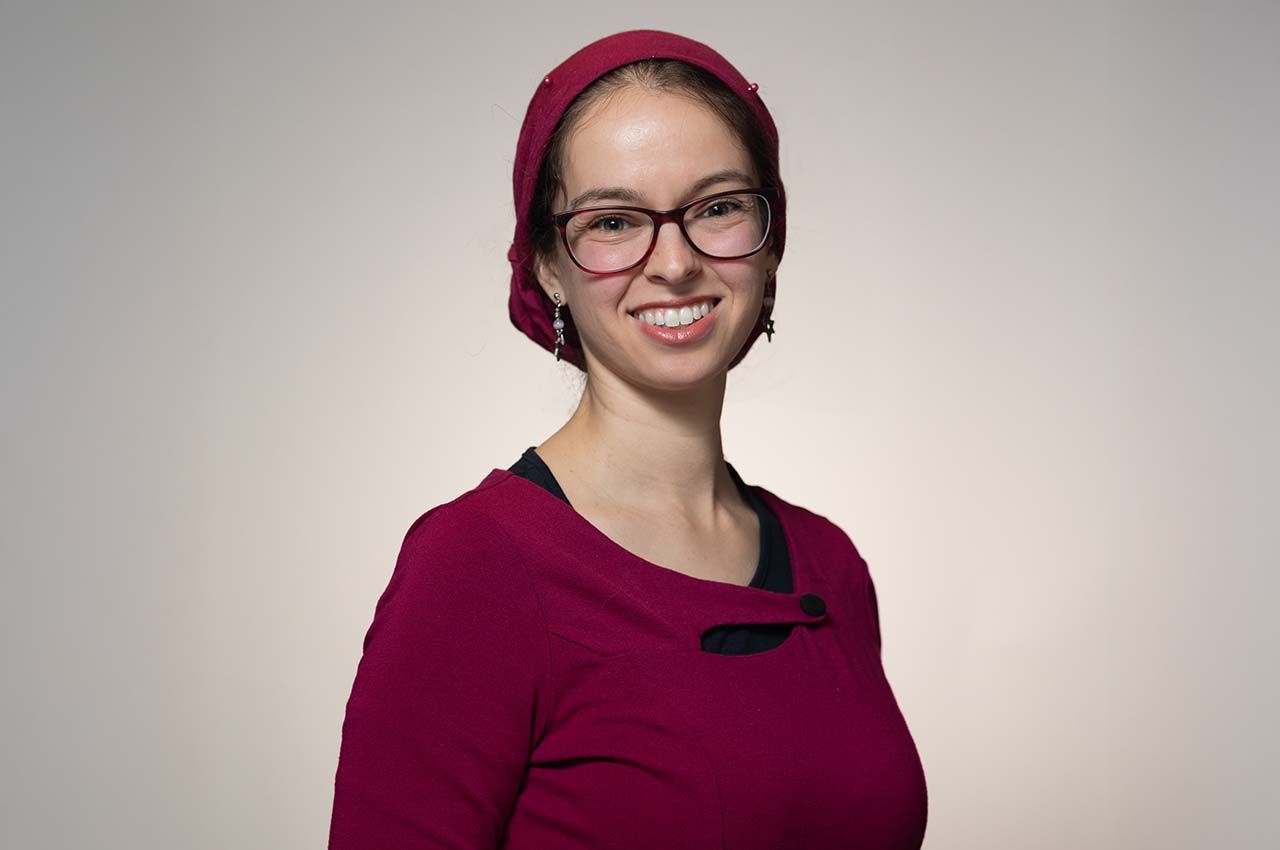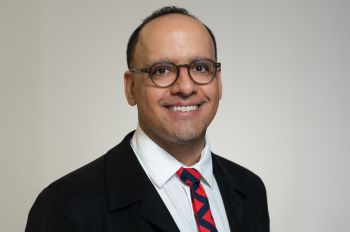Women Working Together: Assistant Law Professor Wins Best Paper Award

“A lot of the stories that we’re seeing in gender equity research [seem to show] that women aren’t getting a fair shake at things,” says Chicago-Kent College of Law Assistant Professor Jordana R. Goodman. “Female attorneys and female inventors both independently are less likely to get a patent granted than their male counterparts.”
According to the World Economic Forum, only 17 percent of inventors holding international patents in 2022 were women. In 2020 the United States Patent and Trademark Office determined that only 21.8 percent of patent attorneys nationwide were women.
Goodman’s most recent research, conducted with Mike Schuster, associate professor in the legal studies program at the University of Georgia’s Terry School of Business, examines what happens when those two groups of underrepresented women—inventors and patent attorneys—work together.
“We’re finding that if a female attorney works with a female inventor, there’s a mitigating effect,” Goodman says. “That means that negative effects associated with being a woman and interacting with the patent office seems to be reduced if two women are working together.”
While there has been a fair bit of research in recent years into the cause of the gender gap in patent rates, Goodman and Schuster’s approach puts the patent attorney at the forefront, which is somewhat of a novel idea in the field.
“Until now, most of the research that’s been done has really focused on either just the inventor or the interaction between the inventors and the examiners at the patent office,” says Goodman, who points out that more than 90 percent of patents in the U.S. are facilitated by a patent attorney. “No one’s really studied the gender interactions between the attorney and the inventor, nor have they studied the entire trifecta, the three-person team that eventually gets a patent.”
Goodman and Schuster’s co-authored paper, “The Patent Trifecta: Gendered Interactions of Inventors, Attorneys, and the USPTO in Patent Prosecution,” which they look to publish in the coming months, recently won the Best Paper Award at the Gender and Research Conference at Indiana University’s Kinsey-Kelley Center for Gender Equity in Business. The conference was canceled, but the paper was still honored as co-winner of the award.



